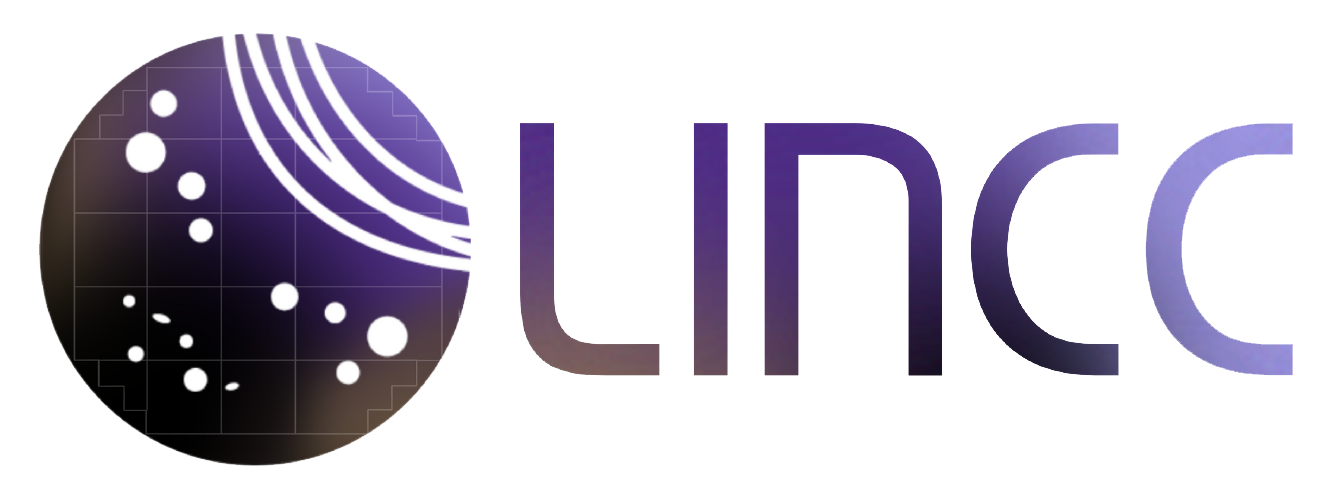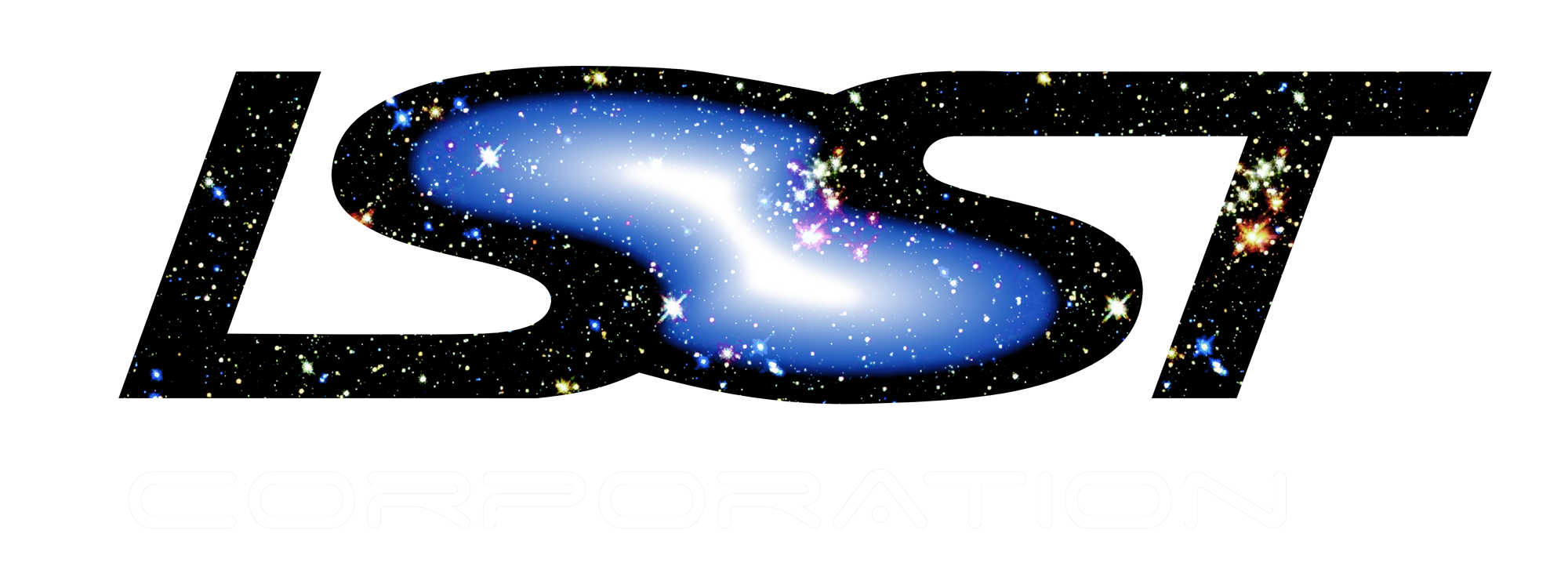Contact: Donald Schneider, Penn State, dps7@psu.edu
Penn State has been an institutional partner in the LSST project since 2005.
Penn State astronomers plan to use the LSST to study active galaxies, stellar tidal disruptions by supermassive black holes, the most distant galaxies, gamma-ray bursts and fast optical transients, supernovae, and brown dwarfs. The torrents of data that will be delivered by the LSST also present an enormous challenge in data mining, and members of Penn State's Center for Astrostatistics are developing algorithms to address this challenge. The department also has close ties to Penn State's Institute for Gravitation and the Cosmos.
The university's Institute for Computational and Data Sciences provides a local high-performance computing environment, professional support and training opportunities, and a team of computational scients and software engineer to bring the power of high-performance computing to research project. The department regularly offers teaching opportunities to interested postdocs, has extensive and vibrant public outreach activities, and has a postdoc mentoring program.
The department will provide office space and computer connectivity support for the fellows, as well as an orientation session to provide a an overview of department activities.
Web Link: https://science.psu.edu/astro/research



